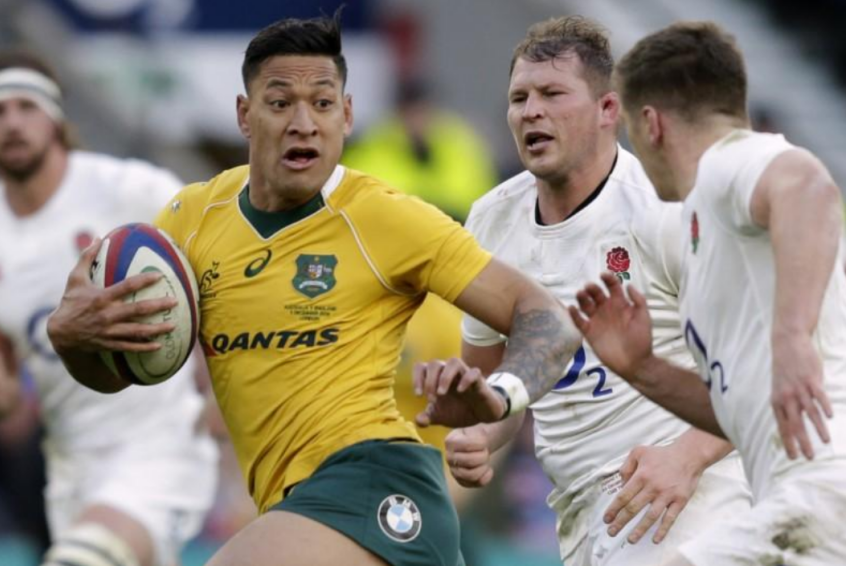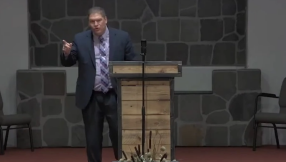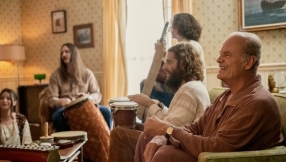
If there's a rugby gene I have it. When I was a kid I guess people would have said "You have rugby in your bones!" I simply love the game as does my grandson. He has a very similar appreciation of the 'sacred' game. This became immediately clear when I asked him recently why he finds it so appealing. Quick as a flash he said, "It's because I'm Welsh of course," even though his mother is Japanese and he currently lives in Malaysia.
You won't be surprised then to learn then that I'm really looking forward to this year's Rugby World Cup. Given the way our national team has played, my natural scepticism, born of many an international defeat, has given way to a guarded optimism - I think.
I have a huge respect for good referees too. They can make or break a game and they sometimes have to take the bravest of decisions. I reckon there is no better referee on the planet at the moment than Nigel Owens. Yes, I know he's Welsh, and you'd probably expect me to say that, but there's something of the Gareth Edwards and the Barry John about "our Nige". Creative, instinctive, assured and funny too: I don't think I've ever seen him have a bad game.
Now as a former player myself I'd be the first to agree: the referee's word should always be final. That's where rugby seems to differ so much from soccer (or am I just a little too biased in saying that?) But that's on the field and not life in general - off the field, that's God's prerogative. After all He drew up the rules in the first place.
That's why I found myself strongly disagreeing with Nigel Owens when he was being interviewed on BBC radio 4 last Saturday. For Nigel was not being asked about the Welsh prospects for the World Cup or even his preparation for that momentous occasion. No, in true BBC form, Nigel was asked for his reactions to the sacking of Australian rugby super star Israel Folau because of his comments about same-sex relationships.
I fully expected Nigel to disagree with Folau given his sexual orientation. And, given the treatment he's received in the past, I would want to affirm his dignity as a human being made in the image of God. I would also want to defend his right to argue his case. But I profoundly disagree with his assertion that Falau should not be able to state his (traditional Christian) case on the grounds that rugby is an inclusive sport and everyone should be made to feel welcome.
"It is a clear message going out to people that there are consequences for expressing those beliefs, which are very, very hurtful and not acceptable in today's society," he told Radio 4. "Rugby is an inclusive sport for all which means I can be part of the sport. When you're in the sport you must respect other people within that sport."
I found myself asking "How can he say this, yet suggest that players like Folau should be excluded?"
I see a certain amount of illogic at work here. What he means of course is that everyone is welcome as long as they "toe" rather than "cross" the line. It also explains why Folau has decided not to appeal. His lack of confidence in Rugby Australia is completely understandable given the current climate.
Nigel believes in God of course. At least that's what he said. But I'm not sure where his understanding of God comes from. He certainly doesn't seem to take the Bible as seriously as I do. He appeared to say that the Bible reflects ideas that we should now reject as outdated and badly informed. I differ with Nigel because I am persuaded that the Bible is divinely inspired and therefore contains truths that are both timeless and universal.
And the most important of these is this: God is love, which is why He says we should love one another too. But that should surely mean we can disagree with each other without being given a red card?
Rob James is a Baptist minister, writer and church and media consultant to the Evangelical Alliance Wales. He is the author of Little Thoughts About a Big God













